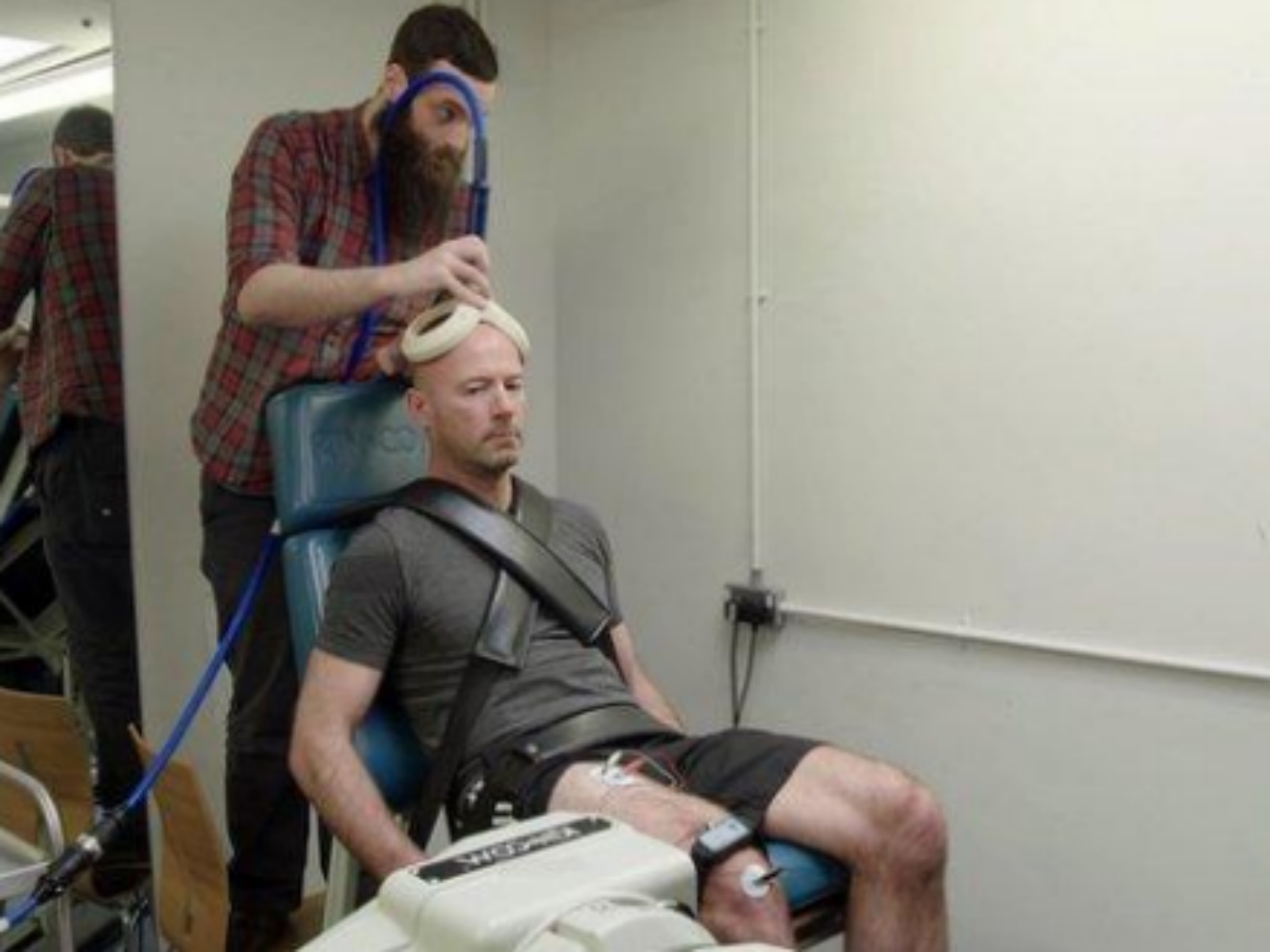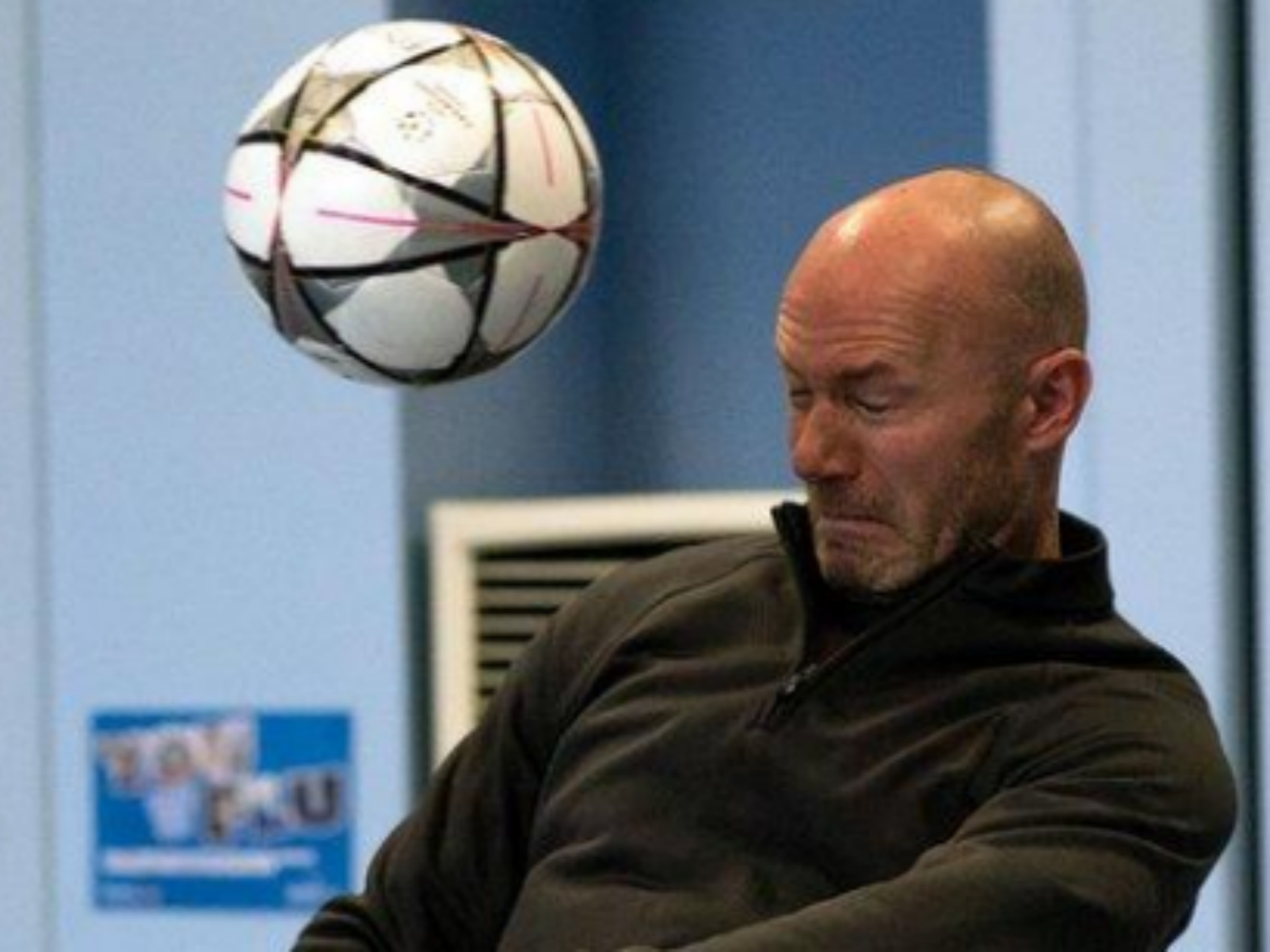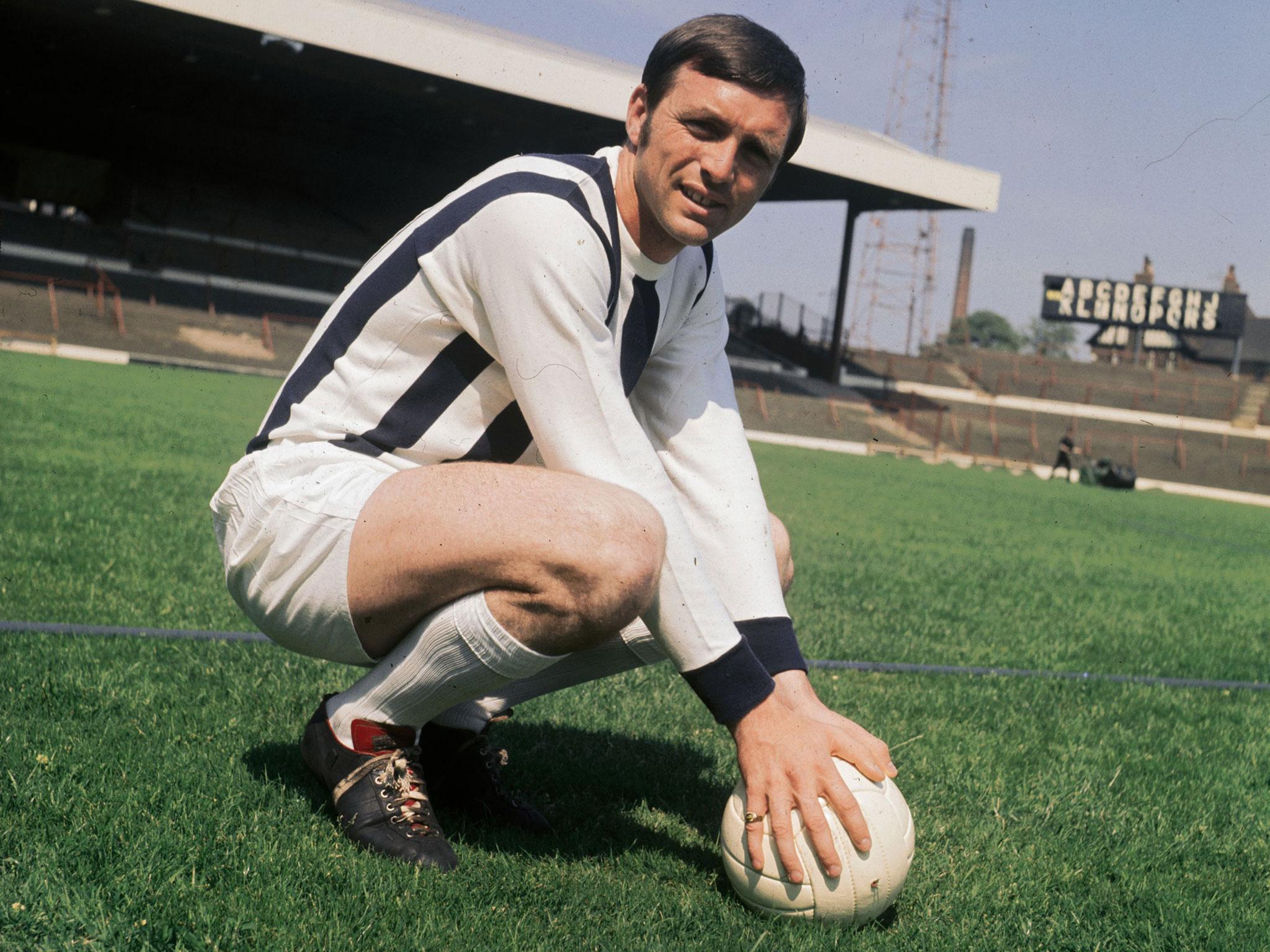Alan Shearer urges more money to be invested for researching links between heading a football and dementia
The former Newcastle striker was highlighting the risks in a BBC documentary

Your support helps us to tell the story
From reproductive rights to climate change to Big Tech, The Independent is on the ground when the story is developing. Whether it's investigating the financials of Elon Musk's pro-Trump PAC or producing our latest documentary, 'The A Word', which shines a light on the American women fighting for reproductive rights, we know how important it is to parse out the facts from the messaging.
At such a critical moment in US history, we need reporters on the ground. Your donation allows us to keep sending journalists to speak to both sides of the story.
The Independent is trusted by Americans across the entire political spectrum. And unlike many other quality news outlets, we choose not to lock Americans out of our reporting and analysis with paywalls. We believe quality journalism should be available to everyone, paid for by those who can afford it.
Your support makes all the difference.Former England captain Alan Shearer believes more money should be invested into researching links between heading a football and dementia.
The 47-year-old has expressed his concerns about the effects heading a ball during his career may have on his long-term health and took part in BBC documentary 'Alan Shearer: Dementia, Football and Me' to investigate.
Shearer spoke to families of footballers affected by dementia and underwent various studies, while also looking at the brains of people who have suffered chronic traumatic encephalopathy (CTE) from all walks of life.
Speaking on the documentary, Shearer said: "Never ever did I think that heading a football could be dangerous for me.
"There are 850,000 people in our country that are suffering from dementia, and there are a lot of footballers who are in those numbers. But... we don't know how many and that can't be right.
"We started the research in 2002, it's now 2017 and it seems like we are no further forward because the same questions are still being asked.
"There's enough money around nowadays in football, just not enough of it has been given to research. It's about time we had more definitive answers."

Former Luton forward Matt Tees suffers from late-stage dementia, something his wife May feels has been brought on by the repeated action of heading a football, as she explained her struggles of living with someone with the disease.
"Matt is quiet, he doesn't talk. He doesn't know that this is his house. That is heartbreaking for me," she told the BBC documentary.
"I think I have learned to be strong, because I have had to be. We are in the final stages, it could be two years, it could be 10 years - nobody knows.
"There has to be (a link). I can name about eight people who have played football, in this area, who have dementia or Alzheimer's. So that speaks volumes in my opinion."
The former Newcastle striker looked at parts of the brain of ex-West Brom forward Jeff Astle, who died from CTE in 2002 aged 59, and whose family have campaigned to raise awareness around brain injury in football.
The Jeff Astle Foundation says it has been contacted by the families of more than 300 former players, including an increasing number ready to contribute to the creation of a 'bank' of donated brains to help investigate.

Dawn Astle, daughter of the former five-capped England international and founder of the foundation, told Shearer she believes football authorities are dodging responsibility for player welfare.
She added: "The PFA (Professional Footballers' Association) only exists for player welfare - they should be screaming from the rooftops for these players. This is killing our players and this should be their priority."
Gordon Taylor, chief executive of the players' union, admitted he did not know how many former players have the onset of dementia but wants to improve support systems for sufferers.
He said: "I think it is the PFA's job to look and provide support. We have said money is going to be put towards research and also respite care.
"Football has a duty to see if there is a causal link, because if there is, it could significantly increase the problems in later life then we need to look at the rules of the game and address it."
Join our commenting forum
Join thought-provoking conversations, follow other Independent readers and see their replies
Comments